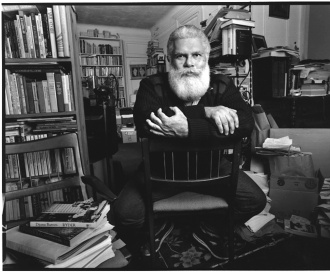
Language is a fascinating thing. Perceptions of the world in areas where languages arise hugely influence the structure of that language, like how the Inuit have so many words for snow. Even within the same base language there are variations based on location, for instance in Britain the vegetable known as the aubergine is the same as the vegetable that American's call the eggplant. Both countries technically speak English but they have several variations that might be mystifying to a non-English speaker.
Samuel R. Delany's Babel 17 is all about these linguistic variations and what they say about the people who speak them. There are other commentaries about society and the unity of people, but the core idea of the book is language. The heroine is a poet who is also a linguist and the man she meets and associates with mid-way through the book, the Butcher, is a linguistic puzzle that she wants to solve. The story is set in motion because a language needs decoding and translations and the lead's transitions in and out of thinking in various languages (largely her thinking in Babel 17, the language of the Invaders) leads to her being able to see solutions to problems that individuals speaking other languages just can't perceive. Language is the key to everything in this book, and as a person who is also fascinated by languages and their inner workings I really enjoyed it.
The novel is short, sweet, and to the point. It's really just an interesting jaunt into the structure of language and it's effects on people and if that's your cup of tea, and it is mine, then you'll enjoy it greatly. But if it isn't, you might not enjoy it so much.
No comments:
Post a Comment